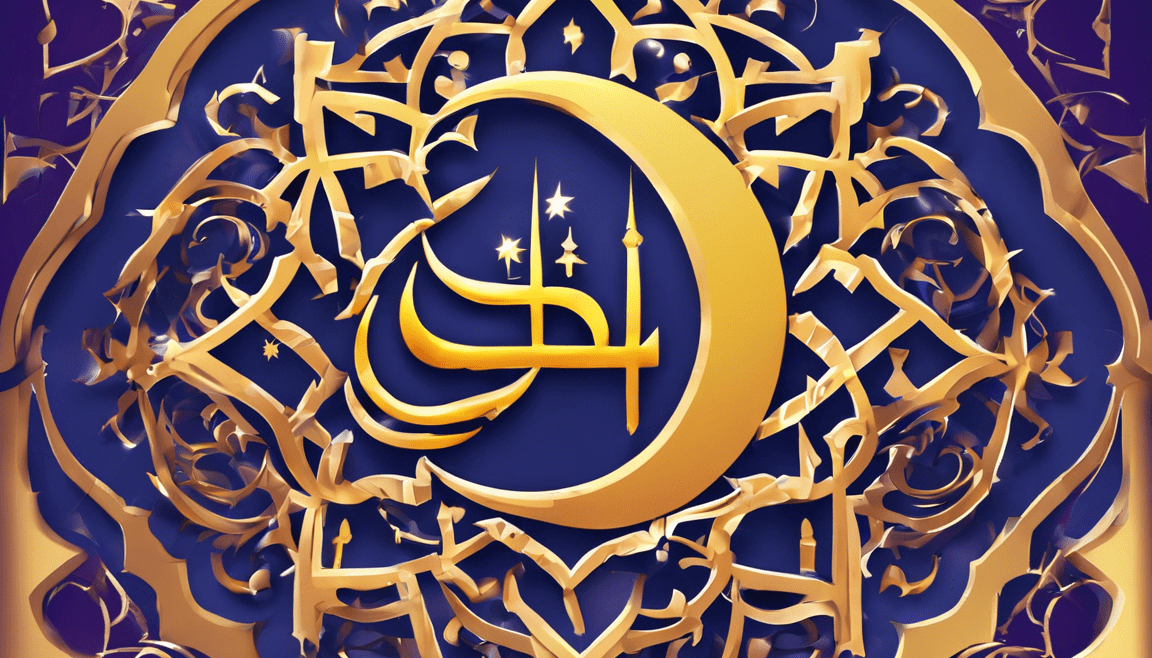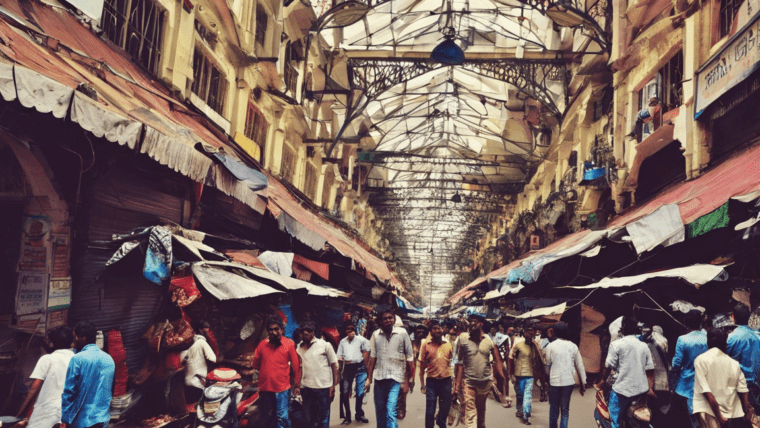As we approach the holy month of Ramadan in the year 2024, it is essential to understand the significance, practices, and guidelines associated with this observance. Ramadan is the ninth month of the Islamic lunar calendar and is considered the holiest month for Muslims around the world. It is a time of spiritual reflection, self-improvement, and heightened devotion. In this article, we will explore everything you need to know about Ramadan Mubarak 2024.
The Significance of Ramadan:
Ramadan holds great significance in Islam as it is the month in which the Quran, the holy book of Islam, was revealed to the Prophet Muhammad. It is a time of heightened spirituality, self-discipline, and empathy towards those less fortunate. Fasting during Ramadan is one of the Five Pillars of Islam and is obligatory for all adult Muslims, with some exceptions such as the elderly, sick, or pregnant women.
Dates and Duration:
Ramadan in 2024 is expected to begin on the evening of Saturday, 23rd March, and will last for 29 or 30 days, depending on the sighting of the moon. The final day of Ramadan, known as Eid al-Fitr, will be celebrated with a special prayer service, feasting, and giving of gifts.
Fasting (Sawm):
Fasting is a central aspect of Ramadan, where Muslims abstain from food, drink, smoking, and marital relations from dawn until sunset. The pre-dawn meal is called Suhoor, and the meal to break the fast after sunset is known as Iftar. Fasting is not just about refraining from physical needs but also about purifying the soul, practicing self-discipline, and empathizing with the less fortunate.
Spiritual Reflection and Prayers:
Ramadan is a time for increased prayers, recitation of the Quran, and seeking forgiveness. Muslims are encouraged to engage in self-reflection, seek spiritual enlightenment, and strive for personal growth during this holy month.
Zakat and Charity:
Zakat is a form of obligatory charity in Islam, and Ramadan is a time when many Muslims choose to give their Zakat. Additionally, voluntary charity, known as Sadaqah, is highly encouraged during this month. It is believed that the rewards for good deeds and charity are multiplied during Ramadan.
Taraweeh Prayers:
Taraweeh prayers are special evening prayers performed during the month of Ramadan. These prayers are Sunnah (recommended) and not obligatory, but many Muslims choose to perform them in congregation at the mosque. Taraweeh prayers involve recitation of large portions of the Quran and are a spiritual experience for many believers.
Family and Community Bonds:
Ramadan is a time of strengthening bonds with family and the community. Many Muslims host Iftar gatherings to break their fast together, share meals, and strengthen social ties. Community mosques often organize collective Iftar meals to bring people together in the spirit of unity.
FAQs (Frequently Asked Questions):
- Can children fast during Ramadan?
-
Children are not obligated to fast until they reach the age of puberty. However, many children may choose to participate in fasting for part of the day to practice and learn about the significance of Ramadan.
-
Is it permissible to brush teeth while fasting?
-
Yes, it is permissible to brush teeth while fasting as long as precautions are taken not to swallow water. Using a miswak (traditional teeth cleaning twig) is also recommended during fasting hours.
-
What if someone is unable to fast due to illness?
-
Those who are ill or have health conditions that may be worsened by fasting are exempt from fasting. They can either make up the missed days later or provide meals to the needy as a form of compensation.
-
Are pregnant or nursing women required to fast?
-
Pregnant or nursing women are exempt from fasting if it poses a risk to their health or the health of the baby. They can choose to make up the missed fasts at a later time or provide meals to the needy.
-
Can travelers fast during Ramadan?
- Travelers have the option to fast or postpone their fast and make up for it later. Islam provides flexibility for travelers to either fast or not, based on their convenience.
In conclusion, Ramadan Mubarak 2024 is a time of spiritual growth, self-reflection, and community unity for Muslims worldwide. Observing the practices and teachings of Ramadan can lead to a deeper connection with one’s faith and a greater sense of empathy towards others. May this Ramadan be a blessed and enriching experience for all those who observe it.


